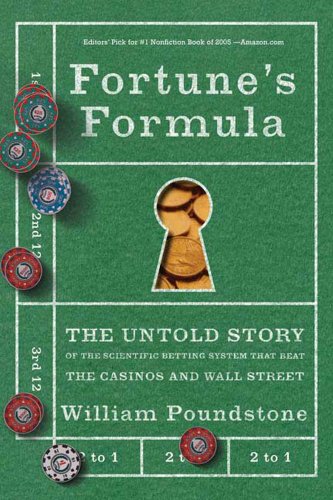Sublime
An inspiration engine for ideas
But occasionally some would find forecasts that would change their behavior enough to perturb the overall price pattern, causing other investors to change their forecasts to re-adapt. Cascades of mutual adjustment would then ripple through the system. The result was periods of tranquility followed randomly by periods of spontaneously generated pert
... See moreJessica C. Flack • Worlds Hidden in Plain Sight: The Evolving Idea of Complexity at the Santa Fe Institute, 1984–2019 (Compass)
Amos Tversky and Daniel Kahneman had explored how individuals make decisions, demonstrating how prone most are to act irrationally. Later, economist Richard Thaler used psychological insights to explain anomalies in investor behavior, spurring the growth of the field of behavioral economics, which explored the cognitive biases of individuals and in
... See moreGregory Zuckerman • The Man Who Solved the Market
It’s precisely because of the compounding effect of these two forces that students in Max Bazerman’s negotiations class at Harvard Business School would do well to hold on to their wallets when he introduces his “twenty-dollar auction.” They say it’s easy to take candy from a baby; Professor Bazerman has found that it’s just as easy to take money f
... See moreOri Brafman • Sway: The Irresistible Pull of Irrational Behavior

Fortune's Formula: The Untold Story of the Scientific Betting System That Beat the Casinos and Wall Street
amazon.com
Economics 101 teaches that trading is rational only when it makes both parties better off. A baseball team with two good shortstops but no pitching trades one of them to a team with plenty of good arms but a shortstop who’s batting .190. Or an investor who is getting ready to retire cashes out her stocks and trades them to another investor who is j
... See moreNate Silver • The Signal and the Noise: Why So Many Predictions Fail-but Some Don't
The Zurich Axioms: The rules of risk and reward used by generations of Swiss bankers
amazon.com



